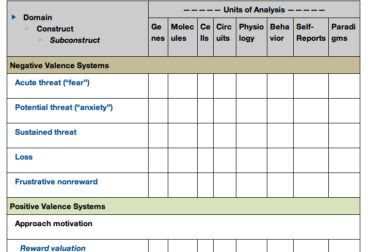Today I was reminded of the halcyon days of my youth. My college years — like the college years for many others — were constituted in part by the heady atmosphere of “Theory.” Derrida, Deleuze, Foucault, Barthes, Benjamin, Adorno, Nietzsche, Kojève, Bataille, Kristeva, Butler, Spivak. (I will merely list names rather than attempt a shoddy summary that usually suffices for most journalists writing about recent intellectual history.)
Louis Menand has written a review article at The New Yorker focussing on Paul de Man’s youthful fascism in occupied Belgium and the quasi-deconstructive criticism of his academic career in America. The question is do the fascist ideas he published in newspapers have any relationship to the kind of literary criticism or theory he practiced later? Would this relation point to the inherent fascism of deconstruction or would his turn to deconstruction be a kind of penance? The former makes an accusation against deconstruction and “Theory” in general that they evince a kind of intellectual and political irresponsibility, while the latter suggests that deconstructive thought and “Theory” in general are responsible forms of thought that find fascism anathema.
Menand ends abruptly with an unheralded and unsupported conclusion that de Man would have to have essentially believed in nothing to believe in both fascism and deconstruction. Well, it couldn’t be that he believed in nothing exactly. But certainly he may not have identified with or felt very deeply at all what he professed to believe. Menand’s words:
It may be that he was able to write what he did, both the chillingly deplorable things and the chillingly inspiring ones, because he believed in nothing.
So, what does that mean? Believe in nothing? Is that to affirm nothingness? It is to have no beliefs? Is it to believe things but not like other people do so that inconsistent beliefs didn’t strike de Man as problematic and requiring reconciliation?





